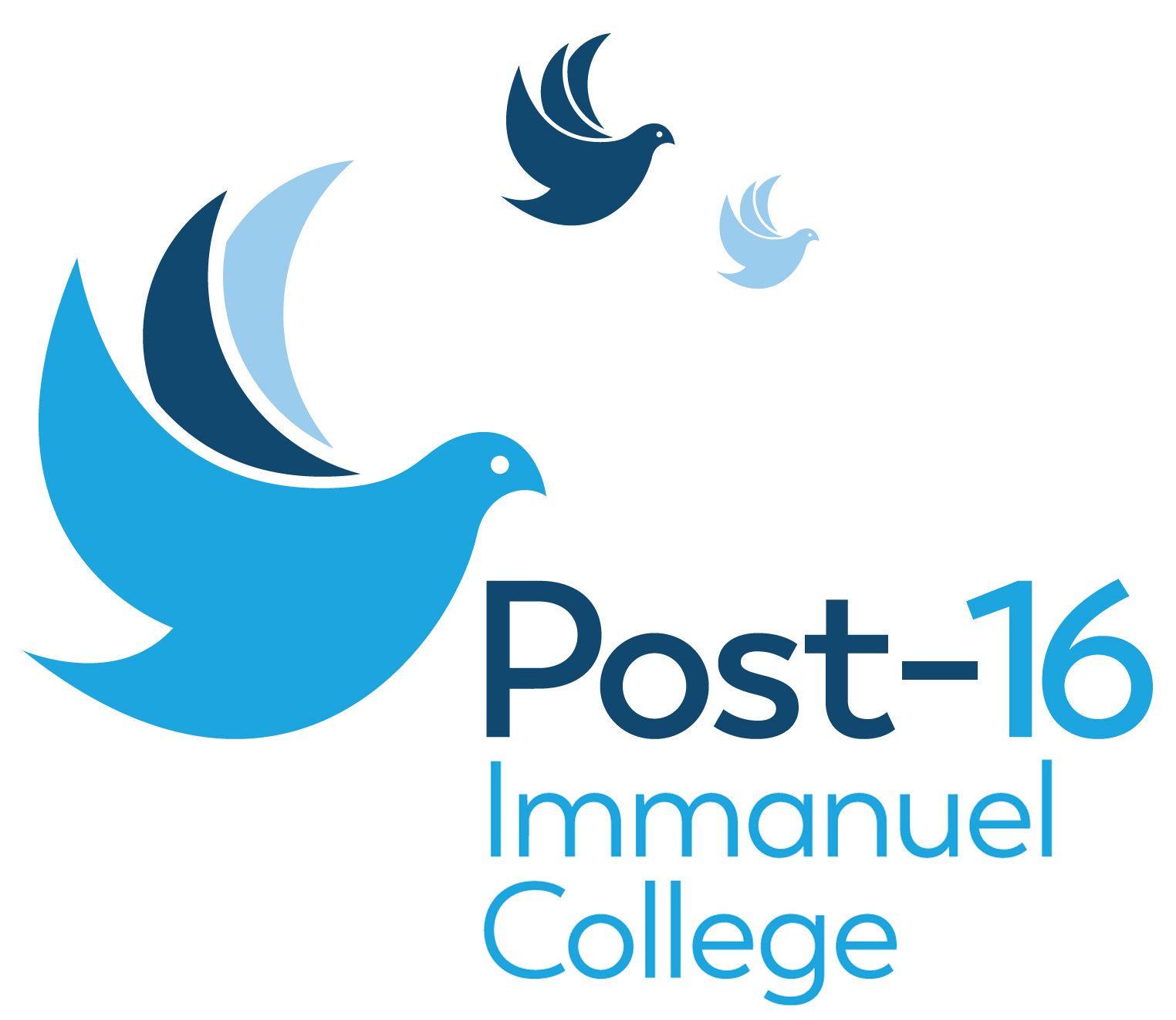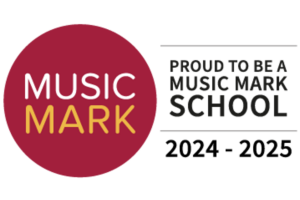
- Overview
- Welcome from the Headteacher
- Post-16 Team
- Admissions
- Post-16 Prospectus
- Subjects
- English Language & Literature
- English Literature
- Maths
- Further Maths
- Biology
- Chemistry
- Physics
- Applied Science (Applied General)
- Art
- Criminology (Applied General)
- Drama & Theatre
- Film Studies
- French
- Geography
- History
- IT (Applied General)
- Law
- Law (Applied General)
- Media Studies
- Music
- Music (Applied General)
- National Extended Certificate in Uniformed Protective Services (Applied General)
- Philosophy, Theology, Ethics - Religious Studies
- Photography
- Psychology
- Sociology
- Spanish
- Sport (Applied General)
- Technical Business (Level 3 - Extended Certificate)
- Travel and Tourism (Applied General)
- Hospitality (Level 2)
- Leadership through Sport (Level 2)
- Public Services (Level 2)
- Employability
- Maths and English GCSE Resit
- Student Leadership
- Results & Student Progression
- Trips & Opportunities
- Charity Work
- Our Facilities
- New Build
- Enrichment
- FAQs
- Exams Information
- Year 10 Information Evening
- Go Higher West Yorkshire
French
Why study French at A level?
Learning French at A level is not just studying a subject, it is also acquiring a life-long skill. Along with becoming a confident linguist, you will also explore the history and culture of France and Francophone countries. This will involve handling topics on current affairs and engaging in key discussions and debates in French.
Given the academic demand of learning a language, universities look favourably at those who have a qualification in a language, regardless of which course they wish to study.
What will you study?
Year 12
-
The changing nature of family (La famille en voie de changement)
-
The 'cyber-society' (La « cyber-société » )
-
The place of voluntary work (Le rôle du bénévolat)
-
Film analysis
Year 13
-
Positive features of a diverse society (Les aspects positifs d'une société diverse)
-
Life for the marginalised (Quelle vie pour les marginalisés?)
-
How criminals are treated (Comment on traite les criminels)
-
Book analysis
How is this course assessed?
Paper 1: Listening, reading and writing | 2 hours 30 mins
Along with the listening element, paper 1 also includes a translation from French into English (minimum of 100 words) and translation from English into French (minimum 100 words).
Paper 2: Writing | 2 hours
One question to be answered on the set text and one on the set film. Approximately 300 words per essay.
Paper 3: Speaking | Approx 30 minutes
Discussion of a sub-theme from the course and a presentation and discussion of an Individual Research Project, chosen by the candidate.
![]()
MFL Intent
At Immanuel College, our Modern Foreign Languages (MFL) curriculum is designed with the intent of providing our students with a rich and immersive language learning experience to thrive in an interconnected and multilingual world.
Our aim is to develop their linguistic proficiency, cultural awareness, and a lifelong love for languages7. By engaging in our MFL curriculum, students will develop their character by acquiring the skills, knowledge, and attitudes necessary to become confident and effective global citizens. We strive to create lifelong learners.
Students show perseverance in language acquisition and proficiency. We offer a comprehensive curriculum that focuses on the four key language skills: listening, speaking, reading, and writing. Through exposure to authentic materials, interactive activities, and regular practice, students will progressively build their vocabulary, grammar, pronunciation, and fluency in the target language.
Our MFL curriculum also encourages students to think critically and solve problems in the context of language learning. By engaging in authentic tasks, enabling them to navigate real-life situations in the target language.
In our curriculum we recognise the importance of cultural understanding in language learning, which in turn develops a students’ character. Our curriculum aims to foster students' appreciation and respect for different cultures, traditions, and perspectives6. Through exploring authentic resources, literature, and cultural events, students will gain insight into the customs, history, and societal norms of the countries where the target language is spoken.
Our curriculum places a strong emphasis on developing students' communicative competence. Students will engage in meaningful and purposeful interactions, both in and outside the classroom, to enhance their ability to express themselves through hope, understand others, and negotiate meaning in the target language8.
6 Psalm 24:1– ‘The earth is the Lord’s and everything in it’
7 Ephesians 2:10 – ‘For we are God’s masterpiece, created in Christ Jesus to do good works which God prepared in advance for us to do.’
8 Philippians 4:8 – ‘whatever is true, whatever is noble, whatever is right, whatever is pure, whatever is lovely, whatever is admirable—if anything is excellent or praiseworthy—think about such things.’
What next?
French is the leading language for fashion, sport (it is the official language of the Olympics and one of the main languages for UEFA) and complements other career options, such as applying language skills to a medical profession, to work for Médecins Sans Frontières.
The UK also trades with over 200 countries worldwide, and businesses of all sizes are endeavouring to expand globally. Therefore, having an A-level in French opens up a wealth of options for your future career.








